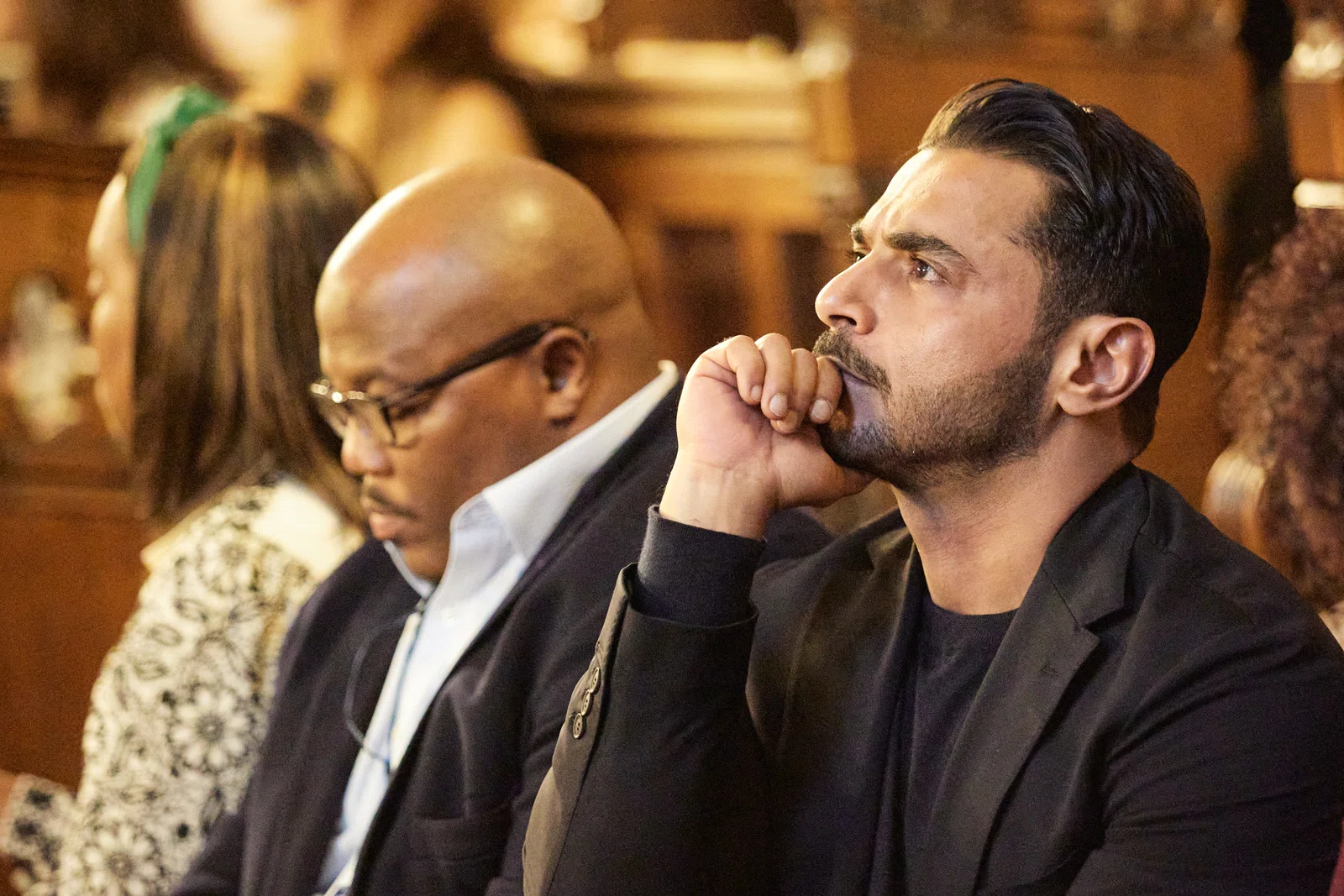
Close
result
Paying attention and listening without bias

Managing emotional journeys requires a very particular set of skills.
‘Without creating survey fatigue, how do we best capture and identify some of these inflection points before things spiral? Right now, because we’re such a high-touch organisation – that is our culture: we’re very empathetic – there’s a sense of constant “how are you feeling?” …
Chiefs of staff tend to be naturally people-focused and emotionally intelligent. They often act as the informal ‘voice of the organisation’ for the leadership team, providing insights into the organisational mood.
During a transformation programme, or in an environment in which the organisation has to adapt fast and often, these people-skills need to be exercised more intentionally. But how do you ‘listen at scale’ or ‘read the room’ when the room is a large, perhaps international organisation? And how do you develop an ‘organic’ sense of how people are feeling when hybrid and remote working have become the norm?
Talk less and listen more
Talk less and listen more

Use stories
Use stories
The importance of deep listening emerged repeatedly throughout the programme. Though even in listening there can be bias: you hear what you expect to hear, or what confirms your own hopes or prejudices. The art of listening is to listen without putting yourself in it – to ‘listen without bias’.
That is hard enough on a one-to-one basis. When attempting to listen at scale, across the whole organisation, it is even more challenging: the loudest voices get heard more easily, dissenting voices can be drowned out, people are not honest in surveys. Add to that an inclination towards confirmation bias amongst leaders enthusiastic about change, and what is heard is not always what the organisation as a whole is trying to say.
Two possible approaches discussed in the programme were the use of anonymous polling software, such as Menti, to ask single questions, rather than cumbersome, long surveys; and (inspired by Unilever) to ask staff to vote on which questions should be put to the CEO during Town Halls and other large-scale meetings.
Telling stories is a way of talking about yourself, opening up a little, to encourage others to open up also. And listening to others’ stories is giving them value: the other side of listening is ensuring that the people you are listening to actually feel heard.
Stories build empathy, help prevent ‘othering’, and can inspire and bring people with you. Linked with storytelling is the use of images, which can often clarify or bring a new perspective to a situation. For the chief of staff, a key skill is not just using imagery but ‘noticing when the imagery resonates’. A coaching approach also encourages people to open up: ‘I might ask “what would you do in that situation?” and suddenly they start unravelling themselves’.
Don’t rush
Don’t rush
Chiefs of staff are seen as problem-solvers, and anything that goes wrong or new barriers that emerge inevitably land on their desk.
While it is tempting to address problems quickly in order to get the transformation back on track, rushing can lead to suboptimal solutions, and can be stressful for the individual chief of staff – ‘As problem solvers we tend to dive in and end up with lots of balls in the air’.
Participants talked about keeping some space between themselves and the problem, giving time to think but – more importantly – creating time for others to understand what the root problem is and to ‘buy in’ to the solution, or even to take ownership of the solution themselves: ‘You plant seeds of ideas on the ground. And weeks later, months later, someone comes back to you with, “I had this great idea…”
This takes patience, but also a willingness – alluded to in other Reports – to fly under the radar and let others feel that they have solved the problem themselves. Participants talked about the need to work ‘without ego’, or at least to keep their own egos in check while concentrating on doing their best for the organisation, which ‘links back to the idea of servant leadership’.
‘I’ve learnt to sit and wait, and let it stew for a while and just watch’





